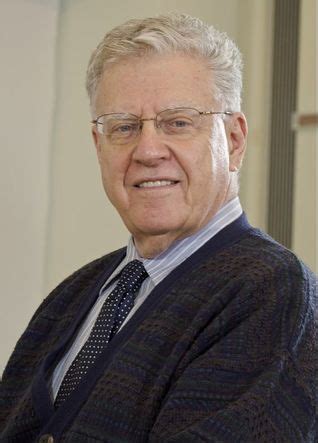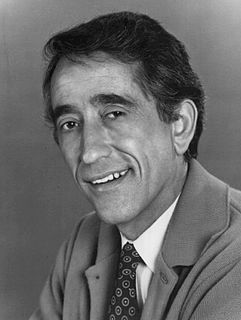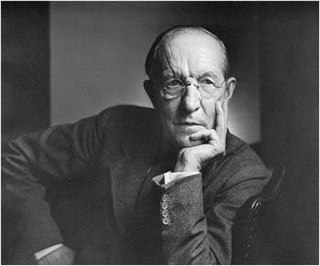A Quote by Lydia Millet
Economic and health statistics, as well as police-violence statistics, shed light on the pressures on American Indian communities and individuals: Indian youths have the highest suicide rate of any United States ethnic group.
Related Quotes
We're at an interesting phase of Asian and Asian-American writing, where we might succeed in having readers look at us as creative individuals who write with fury and fire about the world, and in new ways, without having them say things like "I read a really good Indian book," or "That Malaysian fellow writes very well." So I hope by identifying as Indian I can get people who don't usually read "ethnic" or "Indian" literature to read that literature and enjoy it.
As soon as the circumstances of an experiment are well known, we stop gathering statistics. ... The effect will occur always without exception, because the cause of the phenomena is accurately defined. Only when a phenomenon includes conditions as yet undefined,Only when a phenomenon includes conditions as yet undefined, can we compile statistics. ... we must learn therefore that we compile statistics only when we cannot possibly help it; for in my opinion, statistics can never yield scientific truth.
Let's take the nine states that have no income tax and compare them with the nine states with the highest income tax rates in the nation. If you look at the economic metrics over the last decade for both groups, the zero-income-tax-rate states outperform the highest-income-tax-rate states by a fairly sizable amount.







































